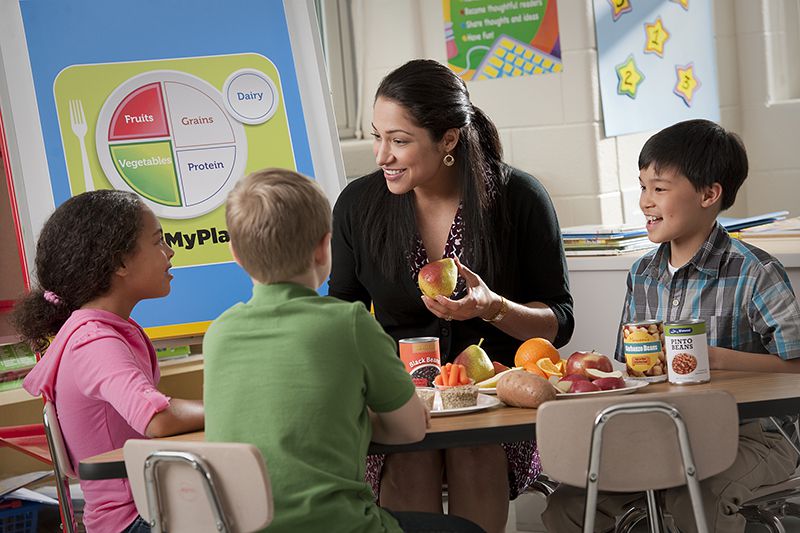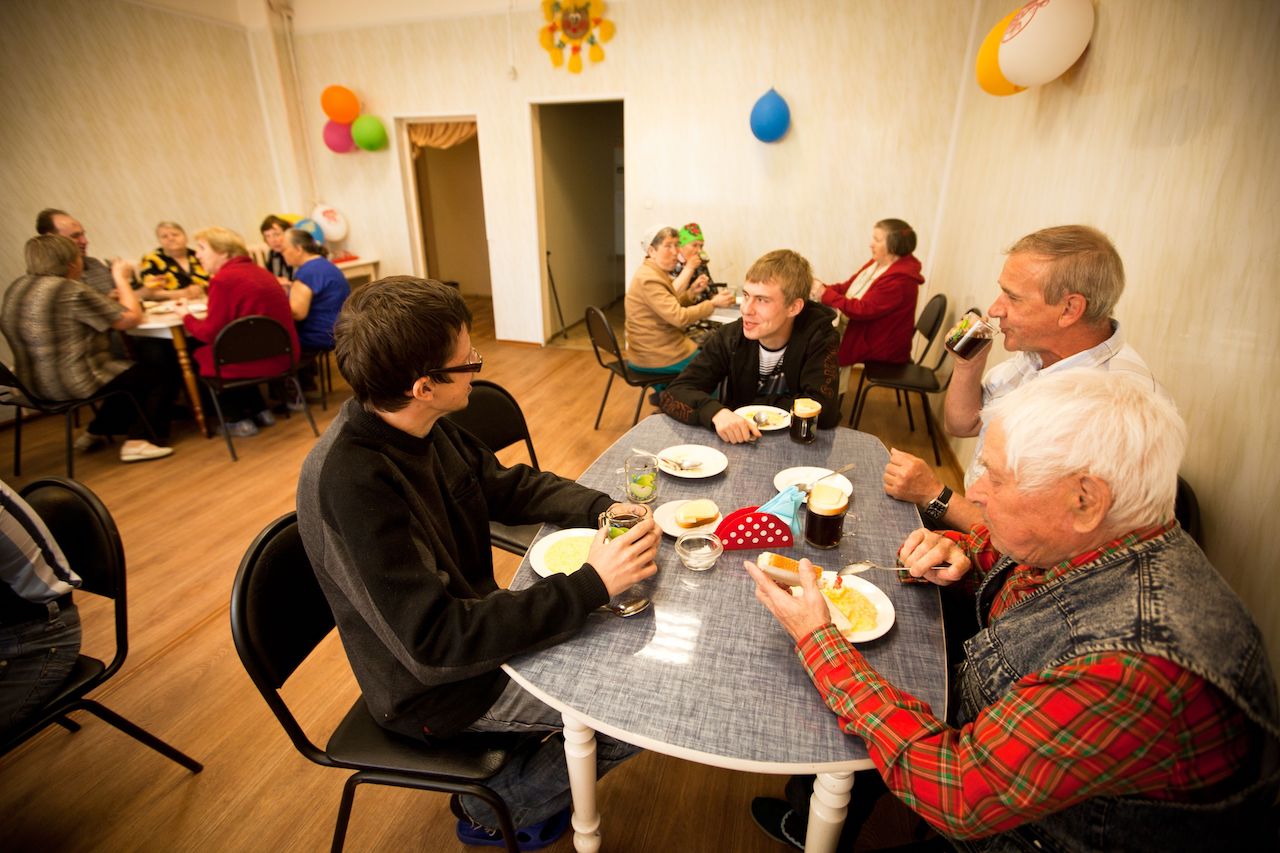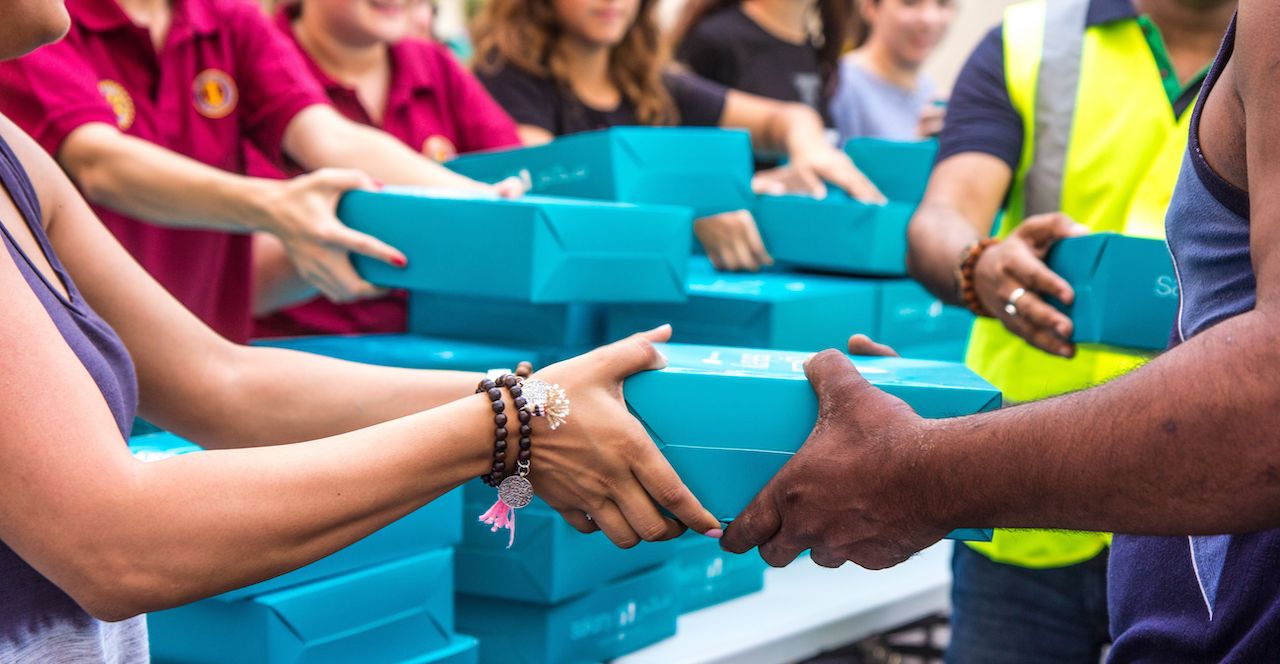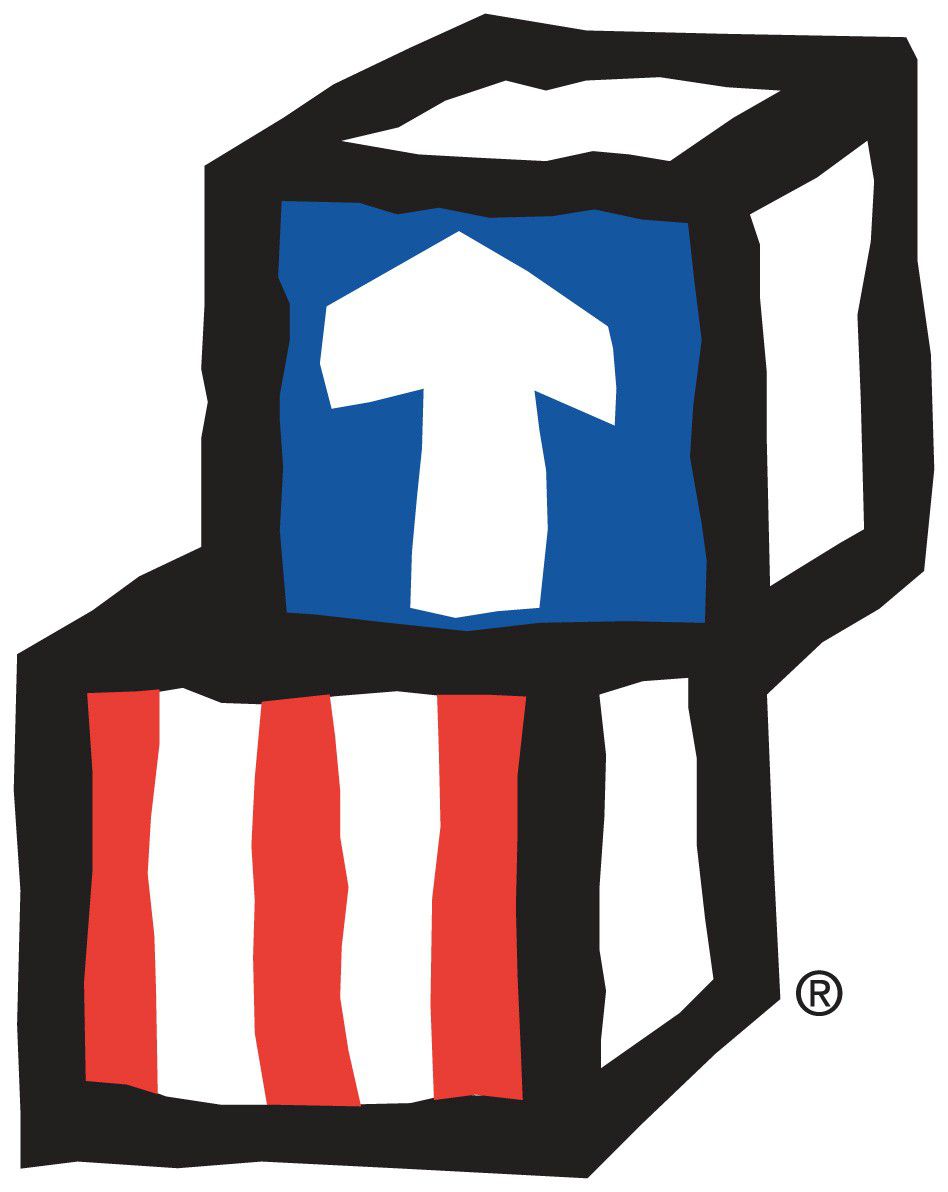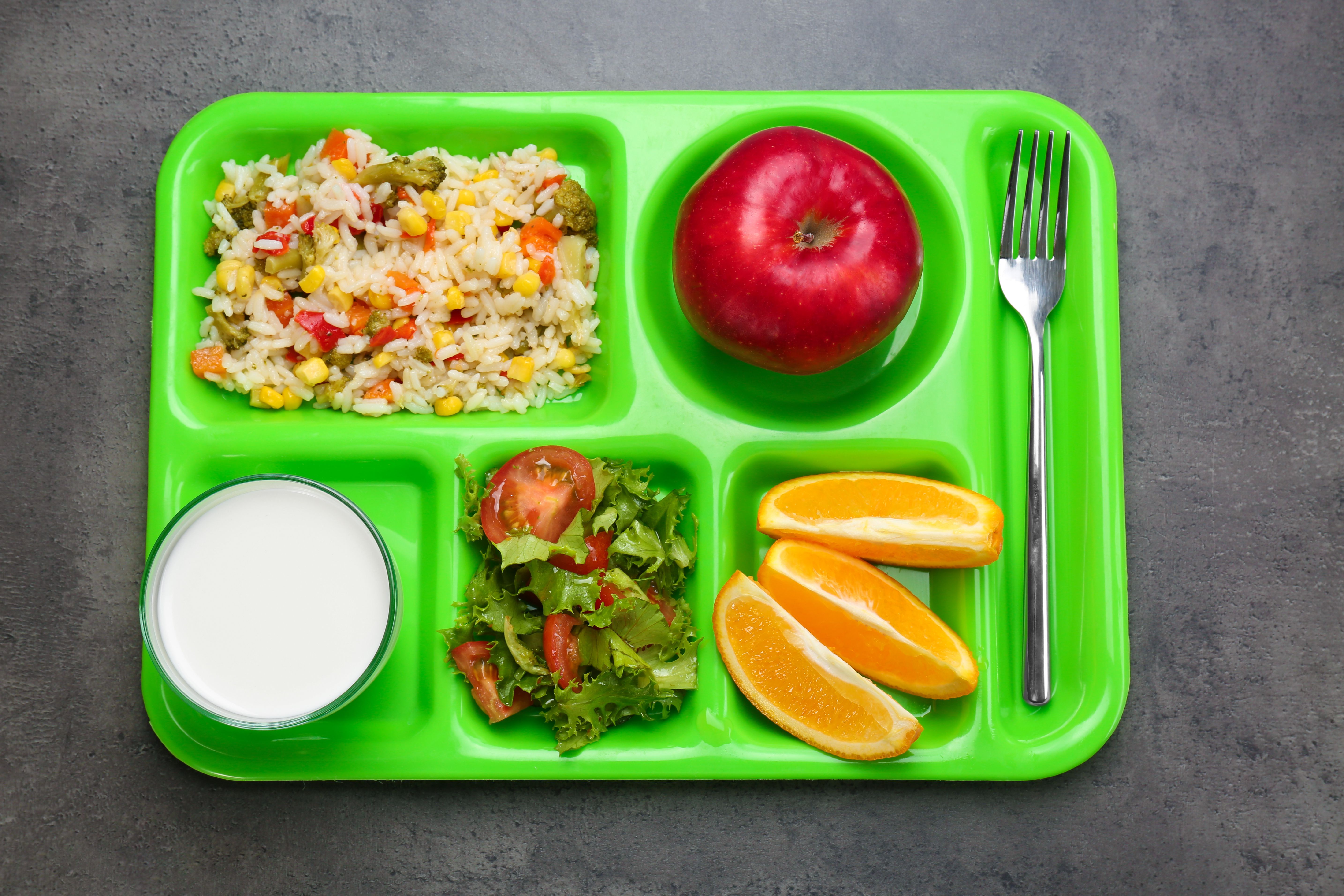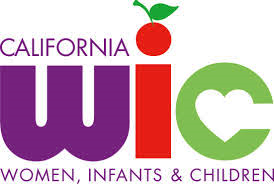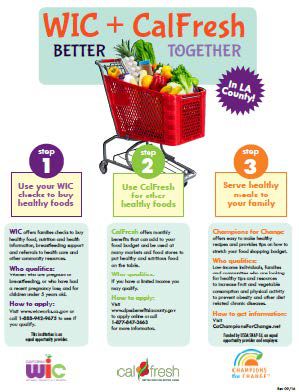|
|

Adobe Reader
Note: PDF documents on this site were created using Adobe Acrobat 5.0 or later. If you are using an earlier version of Adobe Acrobat Reader (4.x or less), document functionality may be reduced. Please
Click Here
|
|
|
Food Assistance Programs &
Food Resources
Afterschool Meal Program
The Afterschool Meal Program offers children in participating afterschool programs free or reduced-price meals and snacks, depending on the students’ household income eligibility. The meals and snacks meet federal guidelines set by the by the United States Department of Agriculture.
School districts must participate in the National School Lunch Program and facilitate an educational afterschool program to participate.
Afterschool Meal Program Resources:
-
Afterschool Alliance – public-private organization devoted in increasing public and private investment in quality afterschool program initiatives at the national, state and local levels.
- California’s Healthy Behaviors Initiative – local and statewide effort to transform learning programs (e.g. afterschool programs) into places that support healthy eating, active living and food security.
- Food Research and Action Center – national non-profit organization striving to end poverty-related hunger and undernutrition in the United States. Provides general information on afterschool nutrition programs and developed a fact sheet on afterschool meal program.
CalFresh (Supplemental Nutrition Assistance Programs or SNAP)
The Supplemental Nutrition Assistance Program (SNAP) is referred to as CalFresh in California. CalFresh can help eligible individuals and families with their food budget and put healthy food on the table. CalFresh benefits are given through an electronic benefit transfer (EBT) card, which works like a debit card. Most grocery stores, corner stores and farmers’ market accept EBT.
Visit the Department of Public Social Services for more information on CalFresh.
CalFresh Resources:
- Apply to CalFresh - use GetCalFresh.org web portal or app to apply.
- CalFresh at the Farmers' Market - find which farmers' markets accept CalFresh/EBT through the Ecology Center Farmers Market Finder.
- Cal Fresh outreach toolkit
 - order free posters, brochures, and other CalFresh materials. - order free posters, brochures, and other CalFresh materials.
- CalFresh application assistors – community-based organizations who assist community members on completing their CalFresh application. Find the list of community-based partners here.
- Onsite CalFresh outreach workers – the Department of Public and Social Services eligibility workers offers opportunities for organizations to request eligibility workers to attend health fairs or community events to sign up community members for CalFresh. Complete the outreach participation request form here.

- #ChooseCalFresh PSA - The Department of Public and Social Services released an informative video public service announcement (PSA) highlighting the benefits of CalFresh. Watch the Video!
Child and Adult Care Food Program (CACFP)
The Child and Adult Care Food Program (CACFP) provides nutritious meals and snacks to eligible children, elderly or disabled adults who are enrolled at participating CACFP sites. CACFP sites. These sites include: child care centers, adult day care centers, family day care homes, afterschool care centers, and emergency shelters.
Child and Adult Care Food Program (CACFP) Resources:
Congregate Nutrition Program (Congregate or Senior Meals)
The Congregate Nutrition Program (also referred to as congregate or senior meals) is part of the Elderly Nutrition Program. The program offers meals to mobile adults aged 60 and older at meal sites such as senior centers or parks. The goal of the program is to address the dietary needs of older adults and present opportunities for social engagement.
The program targets older adults with the greatest economic or social need, particularly older adults who are low-income minority and living in rural areas.
A donation ranging between $1.75-$3.00 per meal is appreciated, however it is not required.
Congregate Nutrition Program Resources:
Food Gleaning and Redistribution
Food gleaning refers to collecting excess or leftover food from farms, gardens, grocery stores, farmers’ markets, and other food stores.
Food redistribution refers to directly offering gleaned food to communities in need.
Some organizations provide both food gleaning and food distribution services, while others may only provide one type of service.
Food Gleaning and Redistribution:
- Food DROP – provides resources for businesses operating in Los Angeles County’s unincorporated cities so they can safely donate excessive edible food.
- Food Finders – non-profit, volunteer organization that picks up donated food from grocery stores, bakers, restaurants, and produce markets throughout Southern California. Redistributes food to partnering organizations, including shelters and social service agencies.
- Food Forward – non-profit, volunteer organization that collects surplus produce from farmer’s markets, public orchards, and Downtown Los Angeles Wholesale Produce Market. Food is donated to hunger relief organizations across Southern California.
Food Pantries
Food pantries provide free groceries to the community and are often located at a place of worship, community center or Salvation Army.
Most food pantries have specific hours and days of operation. Find local food pantries by visiting 211 LA County’s food page.
Food Pantry Resources:
- Feeding America – nation's largest domestic hunger-relief organization
- LA Regional Food Bank – one of the largest food distribution centers in Los Angeles County.
- Mazon – national organization aimed at reducing hunger through policy and education.
- Westside Food Bank – supplies food to food assistance programs and social service agencies in Santa Monica, Venice, Culver City, West Los Angeles, West Hollywood, Inglewood, and LAX area.
Head Start
Head Start provides early childhood education programs and services for low-income children, from birth to age five, and their families. The program focuses on the needs of the whole child—from early learning skills and literacy to support for the entire family’s health and well-being.
Head Start programs help get kids ready for school and strengthen families for successful futures.
Head Start Resources:
- Los Angeles County of Education – work with 17 agencies, including school districts and nonprofit agencies to provide Head Start, Early Head Start, and state programs that serve the needs of thousands of children and families across Los Angeles County.
Home Delivered Nutrition Program
The Home-Delivered Nutrition Program is part of the Elderly Nutrition Program (ENP). The program provides nutritious meals, nutrition education, and nutrition risk screening to individuals 60 years of age or over who are homebound by reason of illness or disability, or who are otherwise isolated.
Most home-delivered meal programs provide their clients with a hot meal five days a week delivered by staff or volunteer drivers.
The meals meet federal nutrition standards set by the United States Department of Agriculture.
Home Delivered Meals Program Resources:
Market Match is an incentive program that matches CalFresh and in some cases, Social Security Income (SSI) or WIC benefits, to purchase fruits and vegetables at participating farmers’ markets.
For every $1 of CalFresh, the program provides an additional $1 in Market Match tokens or vouchers. Most farmers’ markets match up to $10 or while supplies last. Find participating farmers’ market locations near you.
For a list of farmers’ markets that also match SSI or WIC benefits, visit Hunger Action LA Visit Market Match to learn more about the program and how farmers’ markets can offer Market Match.
Market Match Resources:
- Ecology Center – non-profit organization focused on inspiring and building a sustainable, healthy and just future for the East Bay, California, and beyond. The Ecology Center partners and operates Market Match. The Ecology Center leads the statewide California Market Match Consortium, including the following local partners:
- Hunger Action Los Angeles (HALA) works to end hunger and promote healthy eating through advocacy, direct service, and organizing. They partner with over 25 farmers' markets across Los Angeles County to offer Market Match.
- Sustainable Economic Enterprises of Los Angeles (SEE-LA) builds sustainable food systems and promotes social and cultural activities that benefit low income residents of Los Angeles. They offer Market Match at their six farmers' markets.
- Model Neighborhood Program (MNP) is dedicated to vitalizing the community by providing direct support through its Certified Farmers’ Markets and nutrition programs, along with supportive resources to the area’s neighborhood groups and residents.
Meals on Wheels
Meals on Wheels is a meal delivery and food program for older adults. Older adults can have meals delivered to their home if they are unable to plan, shop, or prepare meals for themselves due to illness, disability, or advanced age. The program also serves nutritious meals in the community, such as senior or community centers.
Meals on Wheels provides an opportunity for older adults to have social interactions and safety checks with the volunteers delivering meals to their home.
Visit Meals on Wheels America to find a Meals on Wheels Location near you.
Meals on Wheels Resources:
- St. Vincent Meals on Wheels — prepares and delivers nutritious meals to homebound seniors and other vulnerable residents across Los Angeles regardless of age, illness, disability, race, religion or ability to pay.
- Meals on Wheels West LA – a non-profit, volunteer community service organization that delivers hot midday meals and supper Monday through Friday to the elderly living in: Westwood (90024), West Los Angeles (90025 & 90064), Brentwood (90049), Bel Air (90077) and parts of zip codes 90210 and 90035.
School Breakfast Program and National School Lunch Program (School Meals)
School meals offer eligible students free or reduced-price breakfast and lunch. The meals meet federal nutrition standards set by the United States Department of Agriculture.
Contact your local school district to complete an application for the School Breakfast Program and National School Lunch Program.
Summer Meals Program
The Summer Meals Program provides free healthy meals and snacks to children and teens during the summer months when school is not in session. Children and teens get free food at sites that are safe and supervised. These sites include: churches, community centers, libraries, parks and schools. Most summer meal sites provide activities such as nutrition education, physical activity and reading programs. Visit the California Department of Education find a site near you.
Summer Meals Resources:
- Summer Meals toolkit – provides guidance on forming partnerships, flyer templates, sample menus, and administrative guidelines.
- School’s Out…Who Ate?
 – report on summer meal nutrition in California. – report on summer meal nutrition in California.
- Summer Meal hunger fact sheet
 - fact sheet on summer meals program and hunger in California. - fact sheet on summer meals program and hunger in California.
- Find Summer Meals Program Site - text "FOOD" or "COMIDA" to 877-877 and provide an address or zip code to find a Summer Meal Program site near you.
Women, Infants, and Children (WIC)
The program offers nutrition education, breastfeeding support, checks for healthy foods, and referrals to healthcare and community services. WIC checks can be used to buy food for you and your family, such as fruits and vegetables, milk, eggs, yogurt and vitamin C juices.
WIC Resources:
- Apply for WIC by completing the online application to see if you are eligible.
- New mobile WIC website – provides information on WIC location, certified WIC foods, and eligibility calculator.
WIC + CalFresh, Better Together!
|
|


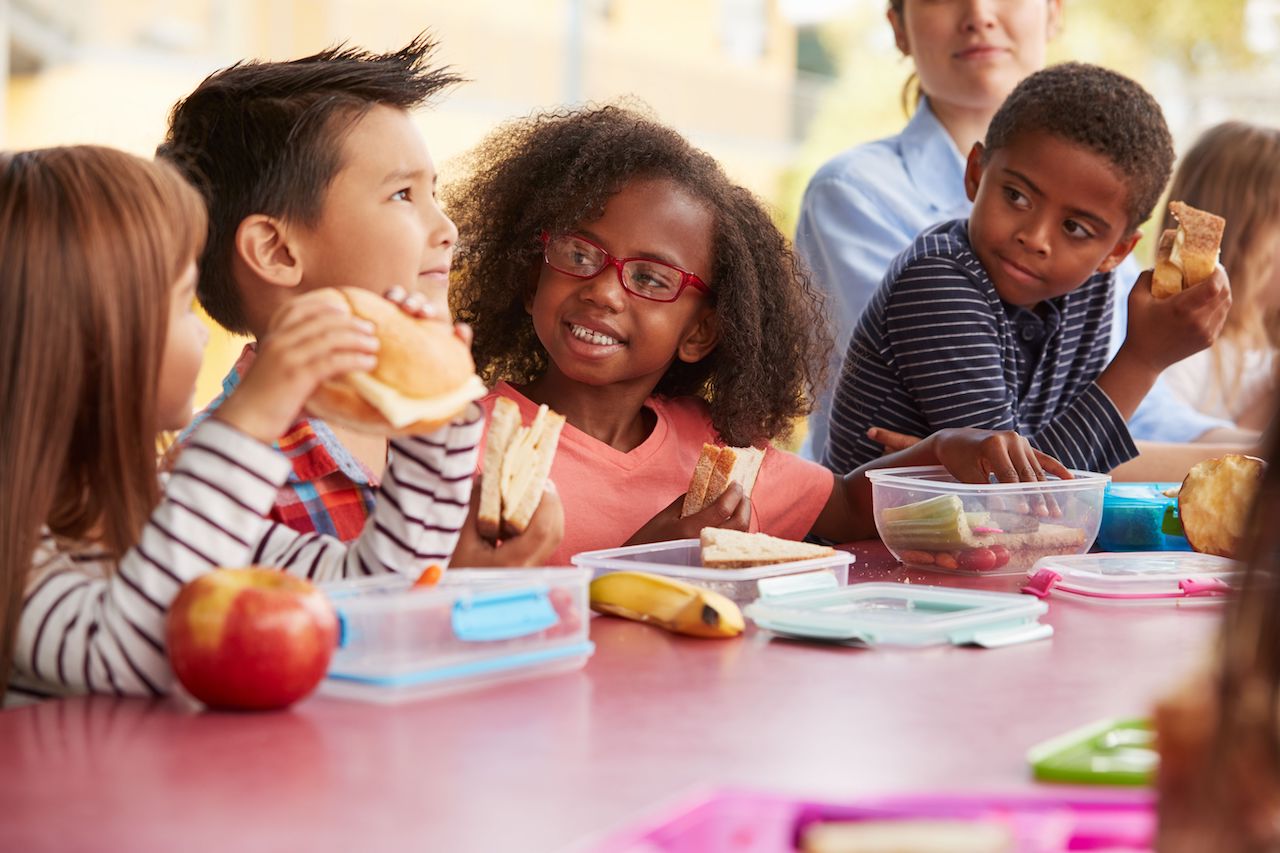
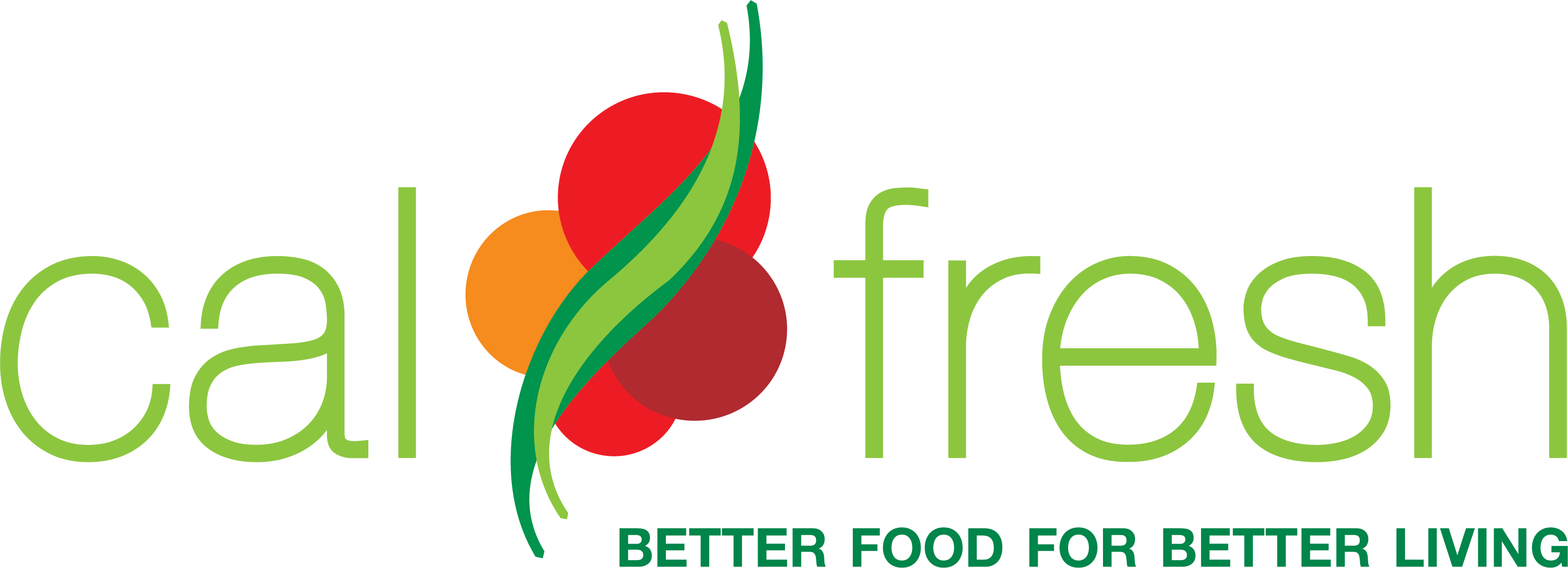
 - order free posters, brochures, and other CalFresh materials.
- order free posters, brochures, and other CalFresh materials. 